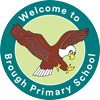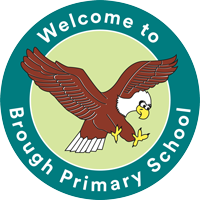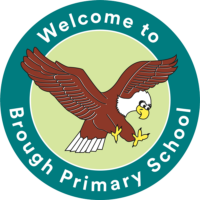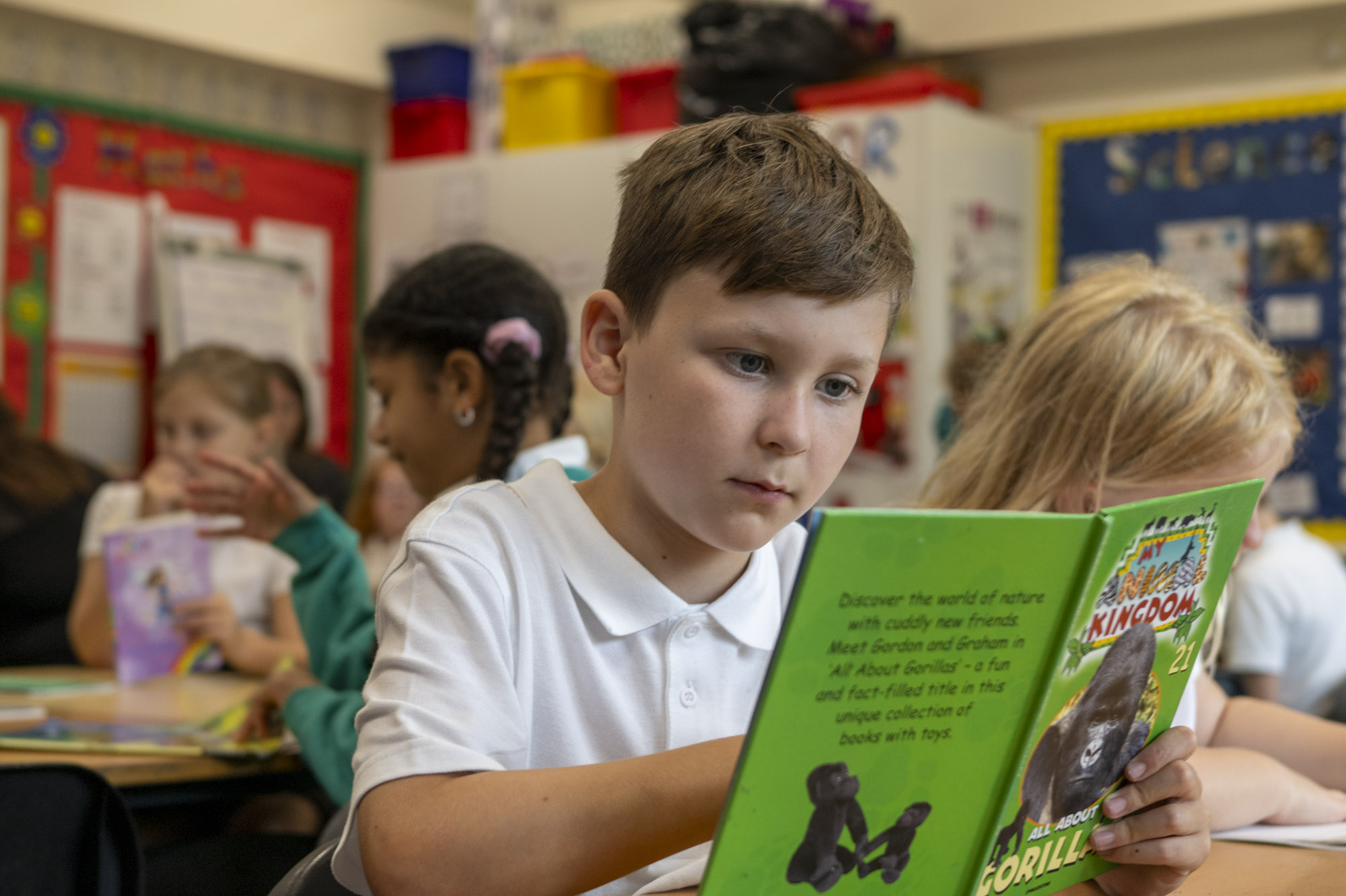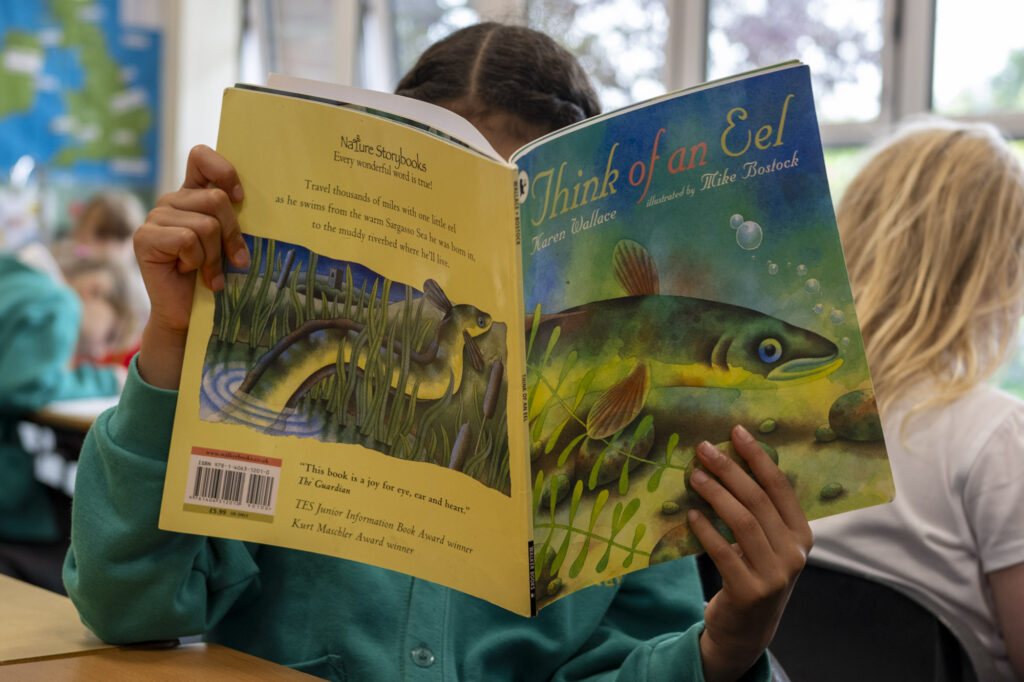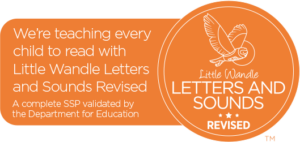‘Safeguarding: The school has effective safeguarding arrangements, ensuring the safety and well-being of all pupils.’
‘Phonics and Reading: Pupils enjoy reading and being read to. The phonics curriculum begins early in Reception, and staff receive regular training to deliver it effectively. There is a strong reading culture, especially in the early years.’
‘Governance and Leadership: The school’s governors are well-informed, offering both support and challenge to leaders. They are also conscious of staff well-being, contributing to a positive working environment for staff.’
‘Engaged Learners: Pupils are enthusiastic about learning, show pride in their work, and consistently follow the clear routines set by the school. This contributes to a positive learning environment.’
‘Caring and Respectful Environment: The school fosters a culture of respect and kindness. Relationships between staff and pupils are warm, and there is a strong sense of community and family within the school. Pupils feel safe and trust the adults to support them.’
‘Inclusive Support for SEND Pupils: The school provides tailored support for pupils with special educational needs and/or disabilities (SEND), particularly through its “The Bridge” provision. Pupils with complex needs are encouraged to manage their emotions, which positively impacts their learning.’
‘Support for SEND Pupils: Pupils with complex special educational needs and/or disabilities (SEND) who access ‘The Bridge’ are given bespoke support to help them in their learning.’
‘Behavior Management: Adults manage behaviour in a consistent way. Pupils say that adults are fair. Leaders have ensured that there are clear routines that pupils follow around school.’
‘Pupil Safety and Trust: Pupils say they feel safe and that they trust adults to help them.’
‘Curriculum:
This work is beginning to give pupils opportunities to build more knowledge over time. For example, Year 2 pupils talk confidently about their learning about The Great Fire of London from Year 1, and how this connects to current learning in history.’
‘Governance and Leadership: Governors understand their roles. They assure themselves that what leaders tell them is reflected in the reality of pupils’ experiences. They offer support and challenge to leaders.’
‘School Environment:
This is a school that is built upon respect and kindness. Relationships between adults and pupils are warm and caring. A sense of family and community runs through the school.’
‘Extracurricular Activities and Cultural Awareness: Pupils participate in a wide range of activities beyond the classroom, such as residential experiences. They are also taught to respect different cultures and religions, helping them understand and reject prejudice and discrimination.’
‘Curriculum Development: The curriculum has been developed to help pupils build knowledge over time. There is evidence of students connecting previous learning to current lessons, indicating a well-structured curriculum.’
‘Role Models:
Older pupils enjoy role-modelling good manners and routines to children in Reception during lunchtime.’
‘Enthusiasm for Learning: Pupils are enthusiastic about their learning. They begin their work enthusiastically and present their work with pride.’
‘Positive Behavior and Role Models: Older pupils act as role models for younger ones, helping them with manners and routines. The school maintains a calm and orderly environment, contributing to a feeling of safety for the pupils.’
‘Cultural Understanding: Pupils are taught to recognise and respect different cultures and religions in wider society… They understand the broader make-up of the community and society that they are a part of.’
